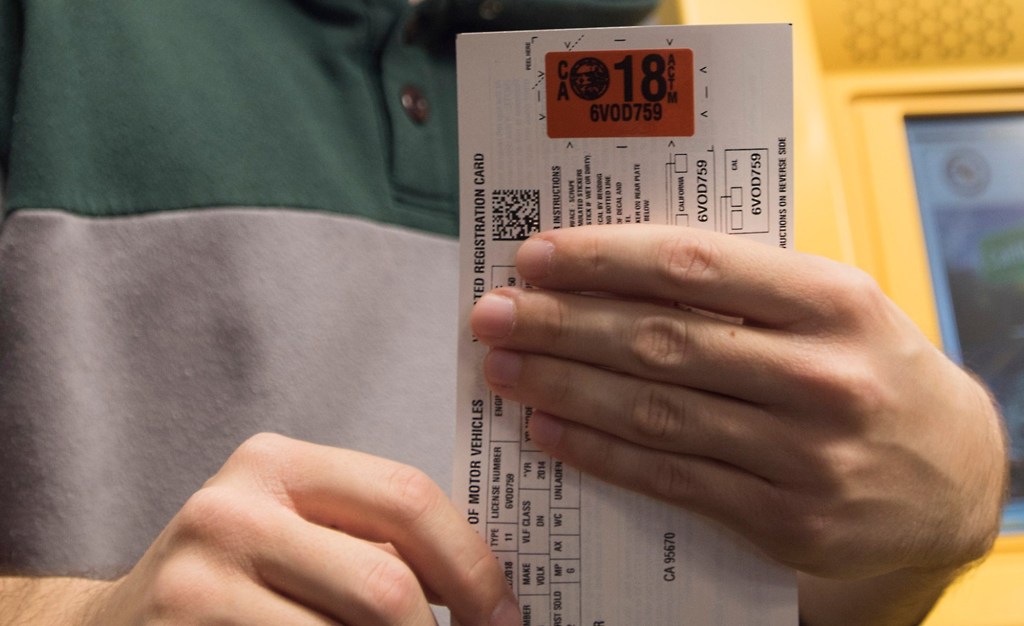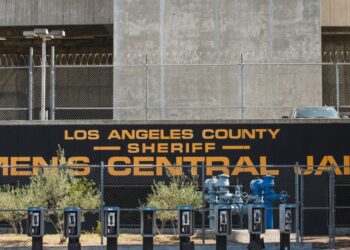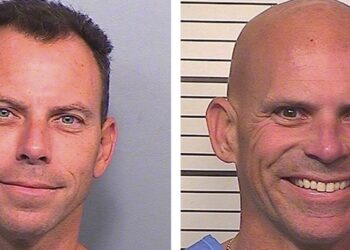Q. Honk: I have redacted the street address, the city and the ZIP code from my Department of Motor Vehicles registration paperwork that typically goes in the dashboard. Does this violate any law? The garage door opener is in the car, so thieves could get into my car away from home, learn where I live and gain entry into the garage. The DMV registration card should not show where you live.
– Bruno Gutierrez, Colton
A. You can’t alter the registration card, Bruno, or you could face a fix-it ticket or a citation for an infraction, said Jake Sanchez, an officer and spokesman for the California Highway Patrol. How such a violation is handled is an officer’s discretion.
Officer Sanchez understood your safety concerns, and offered up a couple of ideas.
Put in it your wallet, or perhaps in a see-through photo sleeve attached to you keys so it is always with you when you drive.
Or take out a P.O. Box and make that the address on the registration, if permitted by the DMV with your type of driver’s license.
Now, if someone creates a counterfeit registration card or forges one to mislead the authorities, the ante gets substantially higher.
“That would be the felony side of things,” Sanchez said.
By the way, an officer can pull up the registration info via the computer in his or her squad car, so long as the database is up, using the license-plate number or the vehicle-identification number (VIN).
Q. You probably get this all of the time, but what kind of license plate is this?
– Mark Porterfield, Laguna Beach
A. Over the years, Honk has covered more ground than tall fescue, Mark, but he doesn’t recall answering this question.
Mark popped over a photo of a plate he saw in a Los Angeles parking lot. It shows a red “A,” a two-digit number and then a smaller “R1.”
The A signifies the vehicle owner has been in the state Assembly, the R means the person is retired from the state body and the 1 indicates it is the second plate issued that is tied…
Read the full article here







